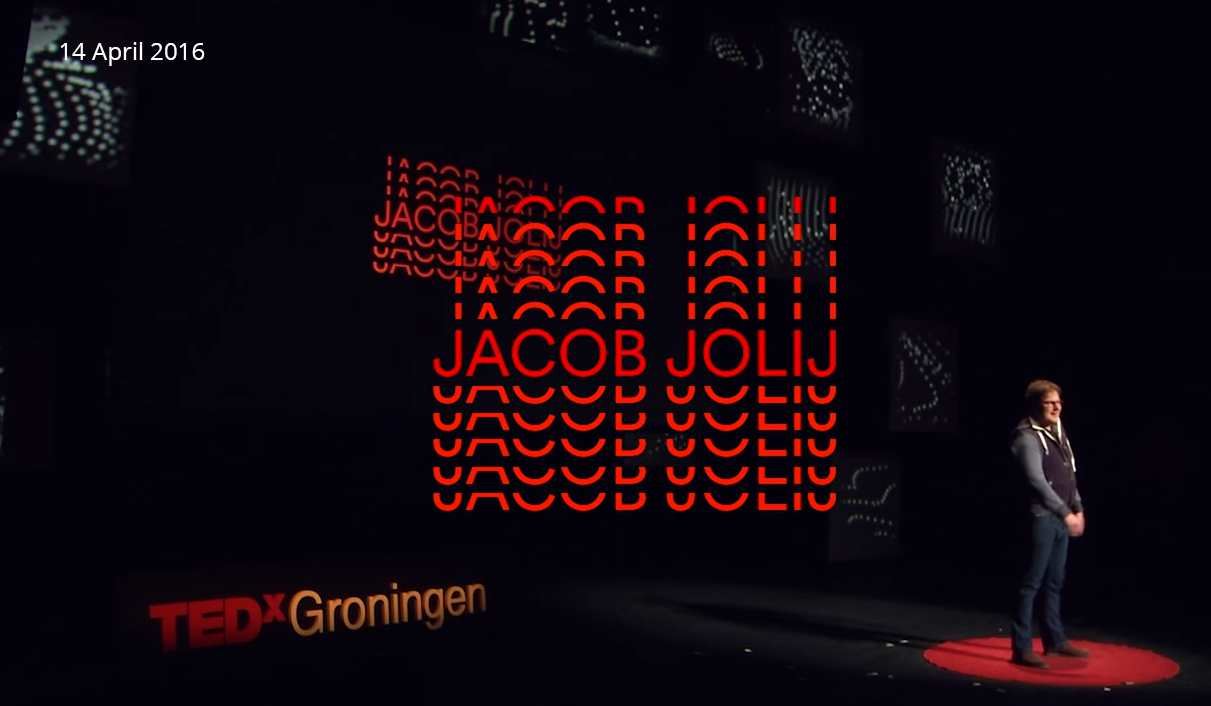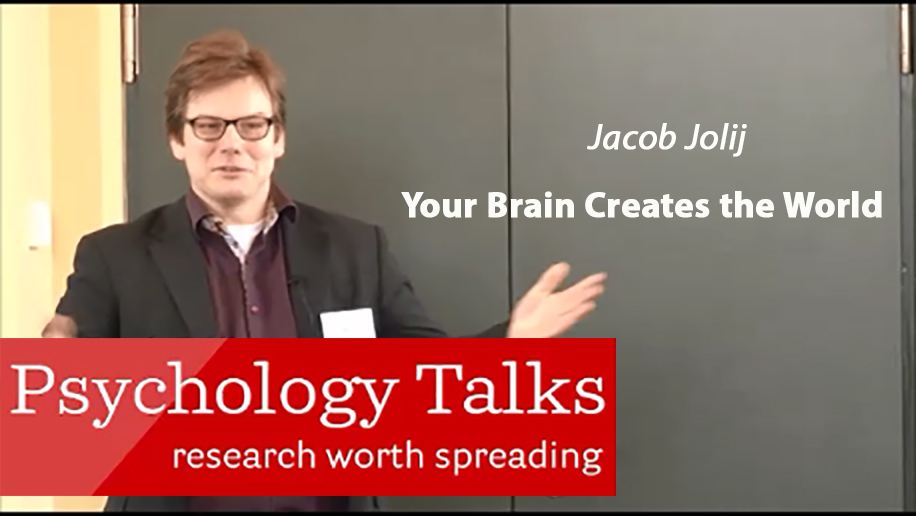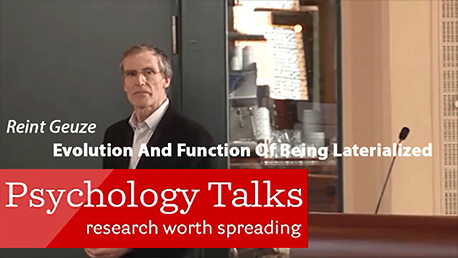Experimental Psychology
Making a difference: Improving learning by applying memory theories
Among the first identified phenomena in modern-day psychology are the spacing and testing effects which determine how well factual information is memorized: performance is better when learning is spaced over time and when some of the learning time is devoted to testing retention of the information. However, to utilize these phenomena to improve learning in real-life settings requires adaptation to the characteristics of individual learners. Professor Hedderik van Rijn will present the RuggedLearning/SlimStampen system, embedded in Brightspace, the university-wide digital learning environment, that allows UG students to learn more efficiently and discuss how this system utilizes psychological theories to make a difference in the real world.
Mindwise Podcast
In time
A talk with Hedderik van Rijn, currently researching how humans perceive and keep track of time. We talk about his work, particularly on the challenges of obtaining the prestigious Vici grant, and dip our toes in the theoretical background of his research. Do you want your future robot to be able to pour you a glass of milk? Hedderik van Rijn's work will help equip robots with a more human-like time perception.
-recorded on 12 May 2017 (new window)
Dr. S. (Sara) Fabbri |
The grasping brain
We easily grasp the pen on our desk. Despite the apparent simplicity of the task, there are yet no robots able to reproduce grasping movements at our level of dexterity. How does our brain solve this complexity? In this talk, dr. Sara Fabbri will show how the communication between various brain regions allows us to interact efficiently with the objects around us.
Traces of Times Past: The Hidden Brain State
Measuring ongoing brain activity is a fairly powerful ‘mind-reading’ method. However,unless a person is actively keeping something in mind, it used to be impossible to uncover what might be silently hiding in memory. Until now.
Why Do Your Eyes' Pupils Dilate When You Are Aroused
When you are afraid, on guard, sexually aroused, or when you otherwise experience strong emotion, your eyes' pupils dilate (become bigger). But why?
Mindwise Podcast
Pupillary (Open) Science
Sebastian Mathot's experimental work deals with vision, and more specifically- the study of pupillometry. He shares a lot of interesting findings about pupils, for example that covert attention (i.e. looking at an object with “your mind’s eye”, and not fixating your view on it) plays an interesting role in pupil size. He has a lifelong interest in computer science, but what made him decide to switch to studying cognition? How does computer science influence a modern researcher’s work? What are his tips for novices? Sebastiaan is also the creator of OpenSesame- a freeware alternative for designing psychology experiments. The second half of the podcast is an interesting conversation about open science, and possible ways to improve the paper-publishing cycle in the future!
-recorded on 24 November 2016 (new window)
B. (Berry) van den Berg, MSc |
Brains, attention and reward!
Both attention and reward can boost behavioral performance, but how? I will explore electrophysiological recordings to gain better understanding of the underlying neural mechanisms by which attention and reward improve behavioral performance.
To Think Or Not To Think
An idea popularized in bestsellers such as Malcolm Gladwell’s “Blink - The power of thinking without thinking” and “The smart unconscious” by Ap Dijksterhuis is that you should not think too hard when you need to make a difficult decision. Instead, it would be better to seek some form of distraction and to let your unconscious mind solve the problem at hand. In this talk, dr. Mark Nieuwenhuis explores the origins of this widely popular idea, and I discuss what scientific research has to say about it.
Dr. J. (Jacob) Jolij |
Mindwise Podcast
Neuroscientist on the Fringe
about applying cognitive research to new technologies, working with Spotify, becoming famous for conducting research on the ultimate feel-good song, his favourite teaching experiences, and round off the podcast with an apologetic discussion of the TEDx format.
-recorded on 5 June 2016 (new window)
Is what we see and feel really 'out there'? | Jacob Jolij | TEDxGroningen
How can we know what is real? How does our perception affect reality? Sometimes your mind makes up things that aren't there....Really. We hallucinate all the time, and even entire areas can invent an earthquake. How is this possible? Is this normal?
Jacob Jolij is an assistant professor in Experimental Psychology at the University of Groningen, and studies how perception is related to reality. Is what we see and feel really 'out there'? To answer this question, he uses brain imaging techniques such as EEG ('brain waves') to measure brain activity in real time, and relate that to what people see, hear, and feel. Jacob is a board member of the Dutch Psychonomics Society, heads the newly founded Heymans Anomalous Cognition Group, an international research consortium aimed at the systematic, skeptic study of anomalous (‘paranormal’) phenomena, and writes a regular column in the Dutch journal for Parapsychology and Consciousness Research.
This talk was given at a TEDx event using the TED conference format but independently organized by a local community. Learn more athttp://ted.com/tedx
Your Brain Creates the World
Talk by dr. Jacob Jolij at 2014 Heymans Symposium 'Research Worth Spreading' of the Psychology department of the University of Groningen.
Evolution And Function Of Being Laterialized -
Talk by dr. R.H. (Reint) Geuze at the 2014 Heymans Symposium 'Research Worth Spreading' of the Psychology department of the University of Groningen.
| Last modified: | 18 March 2025 12.41 p.m. |



